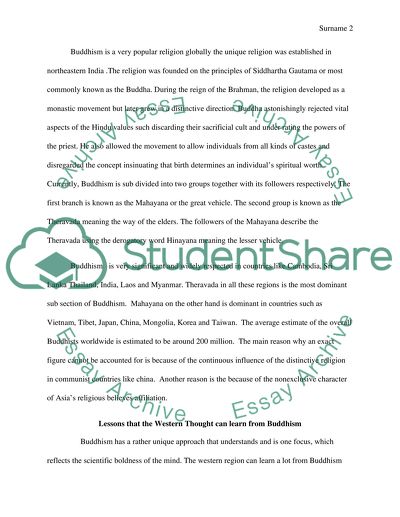Cite this document
(“The Monk and the Philosopher Book Report/Review”, n.d.)
The Monk and the Philosopher Book Report/Review. Retrieved from https://studentshare.org/religion-and-theology/1640459-the-monk-and-the-philosopher
The Monk and the Philosopher Book Report/Review. Retrieved from https://studentshare.org/religion-and-theology/1640459-the-monk-and-the-philosopher
(The Monk and the Philosopher Book Report/Review)
The Monk and the Philosopher Book Report/Review. https://studentshare.org/religion-and-theology/1640459-the-monk-and-the-philosopher.
The Monk and the Philosopher Book Report/Review. https://studentshare.org/religion-and-theology/1640459-the-monk-and-the-philosopher.
“The Monk and the Philosopher Book Report/Review”, n.d. https://studentshare.org/religion-and-theology/1640459-the-monk-and-the-philosopher.


